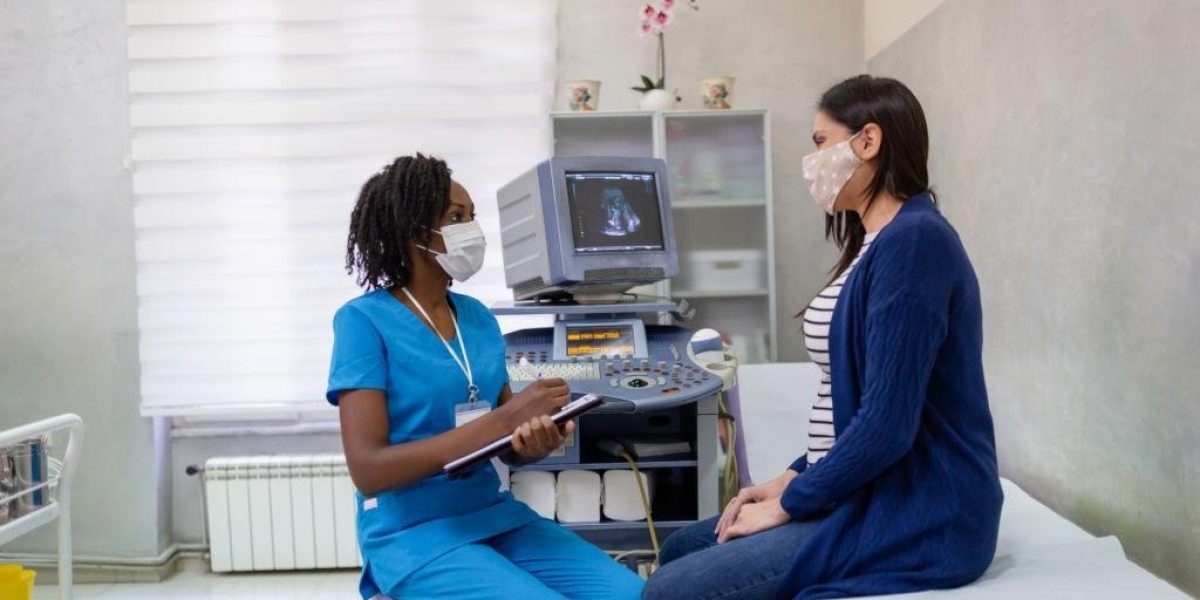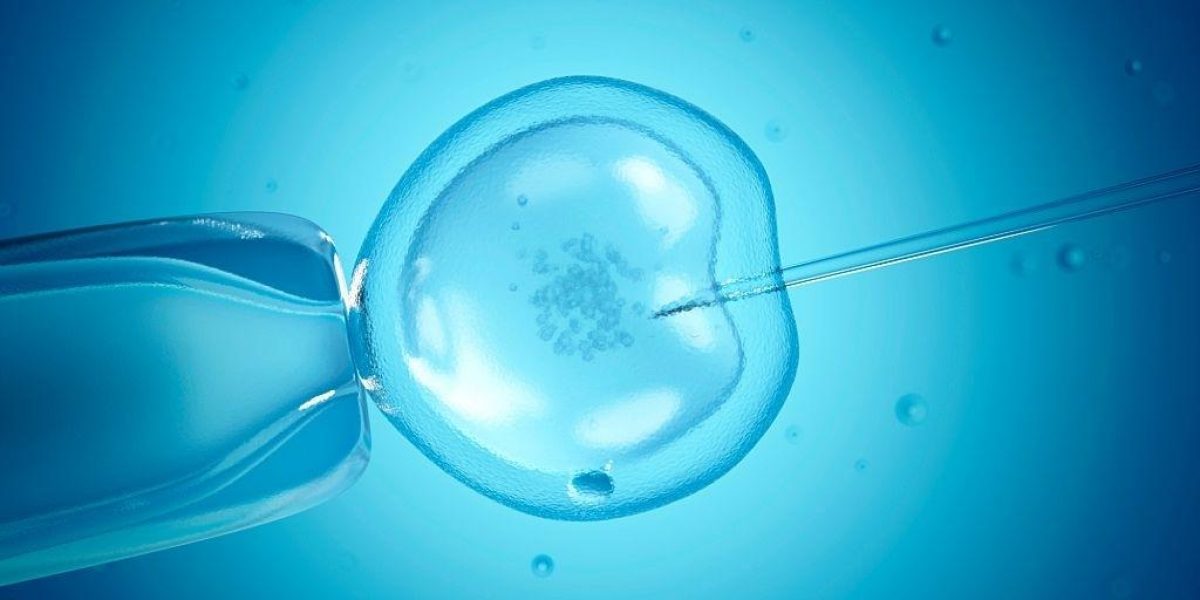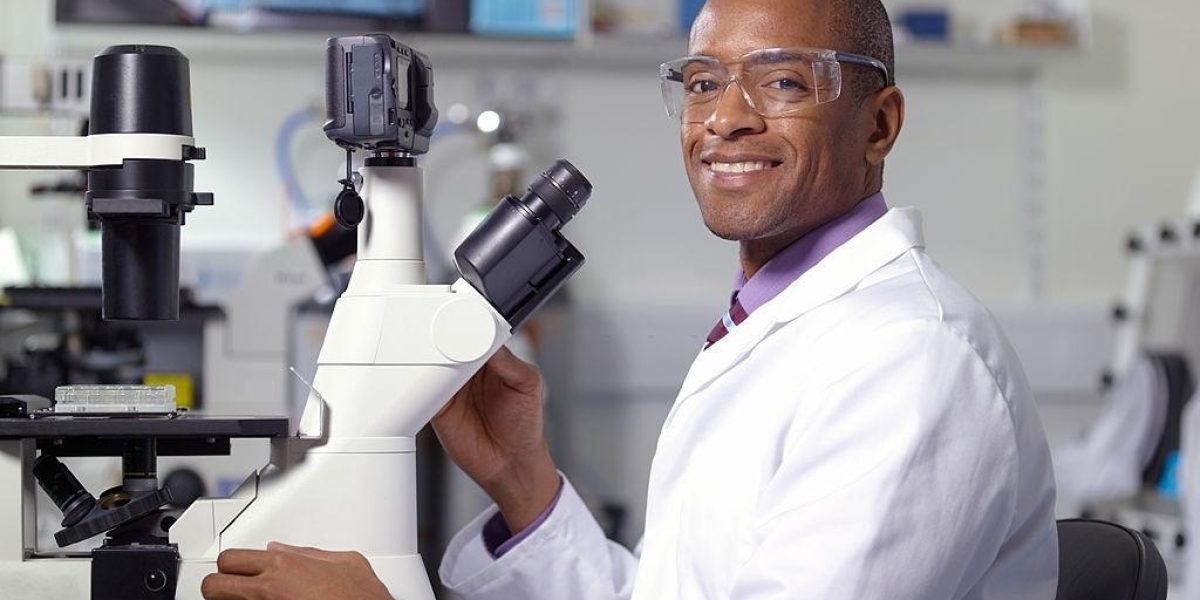Fertility Center
Male Investigation
- No sperm (azoospermia) accounts for 3-4% of male infertility.
- Poor sperm quantity (oligospermia) or quality e.g. low motility (asthenozoospermia) or a high percentage of abnormal sperm (teratozoospermia). Antisperm antibodies, etc. This subgroup may account for about 90% of male infertility.
- Sperm dysfunctional, where there is a normal semen analysis but the sperm lack or have a defective fertilizing capacity, resulting in complete failure of fertilization or poor fertilization of the eggs in IVF. This accounts for 3-6% of male infertility. Inability to ejaculate into the vagina. This accounts for 4-6% of male infertility



Many people assume that infertility is a “woman’s” problem. It may surprise you to know that many cases of infertility is the result of a male factor. Male problems may be a contributing factor in 30 to 50% of couples suffering infertility. The male partner will undergo a physical examination to determine if he has any underlying physical abnormalities or hormonal disorders such as breast enlargement, and a genital examination to assess the size of the testicles, to locate the opening of the urethra and to detect varicocele. Thereafter, the doctor will order initial investigations to examine the functions of the reproductive system and to determine the presence of any systemic or hormonal disorders. It is important to note that no semen test can fully predict fertility.
- Semen problems
- MAR Test
- Hormonal
- Sperm Function Tests
- Testicular Biopsy
